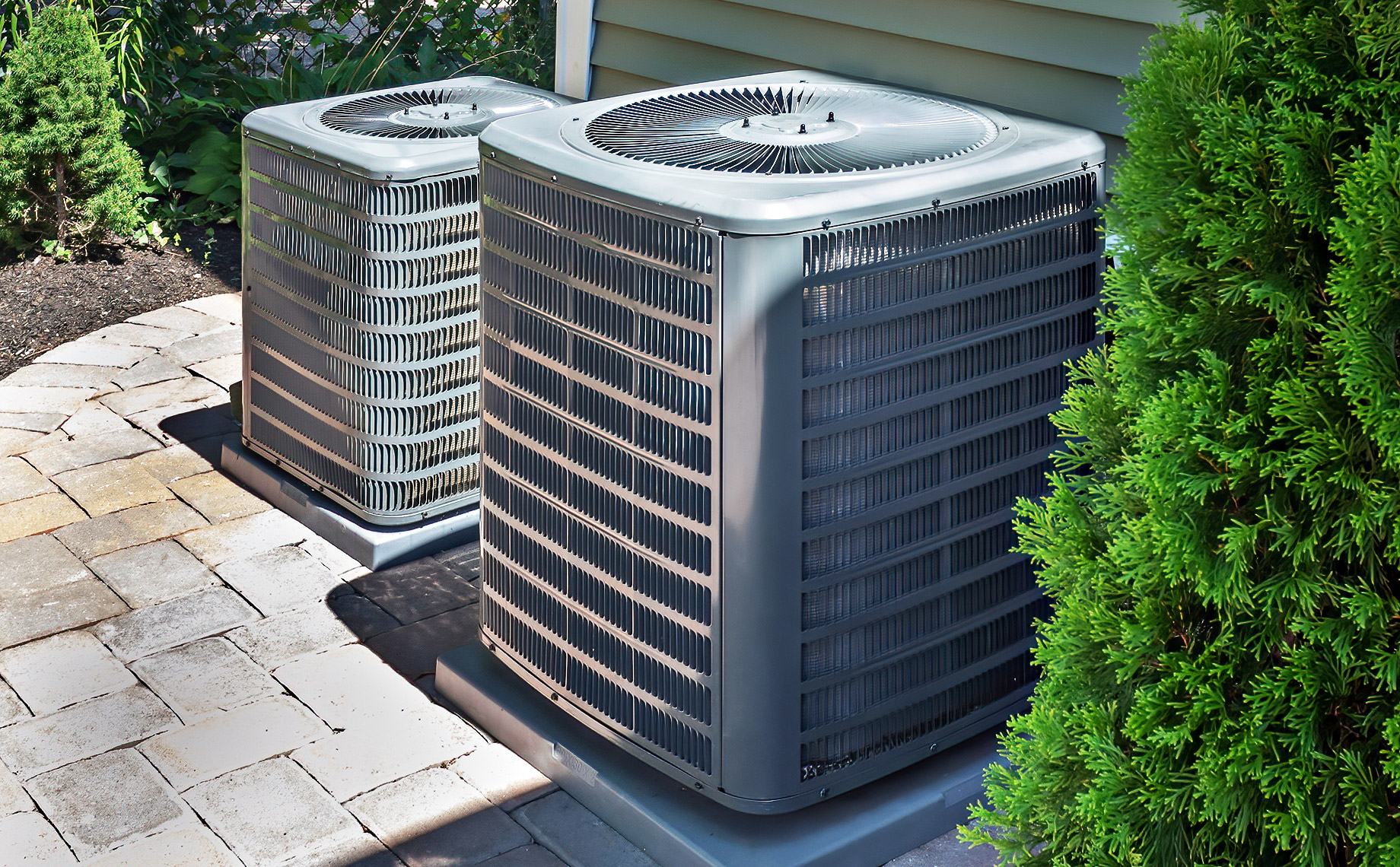
As the summer heat intensifies, a well-functioning air conditioning (AC) system becomes essential for maintaining comfort and indoor air quality. To avoid unexpected breakdowns and costly repairs, regular AC maintenance is crucial. In this article, we will explore eight simple yet effective AC maintenance tips that can help you keep your system running smoothly throughout the hot months. By implementing these tips, you can maximize energy efficiency, extend the lifespan of your AC unit, and enjoy a cool and comfortable environment in your home or office.
1. Clean or Replace Air Filters: Improving Airflow and Efficiency
Regularly cleaning or replacing your AC’s air filters is one of the most important maintenance tasks. Clogged or dirty filters restrict airflow, forcing your AC system to work harder and consume more energy. The professionals at Aire Texas note that clean air filters not only improve indoor air quality but also enhance the efficiency and longevity of your AC unit. Check your filters monthly and clean or replace them as needed to ensure optimal performance.
2. Clear the Area Around Outdoor Unit: Ensuring Proper Airflow
The outdoor unit of your AC system requires proper airflow to function efficiently. Clear away any debris, leaves, or obstructions that may hinder the airflow around the unit. Trim back any nearby vegetation or shrubs to maintain a clear space of at least two feet around the unit. This allows for adequate air circulation and prevents potential damage to the system.
3. Check and Clean the Condenser Coils: Enhancing Cooling Performance
The condenser coils in your AC unit play a vital role in transferring heat from inside to outside. Over time, these coils can accumulate dirt, dust, and debris, hindering their efficiency. Periodically check the coils and gently clean them using a soft brush or vacuum cleaner. Aire Texas professionals recommend scheduling professional coil cleaning at least once a year to ensure optimal cooling performance.
4. Inspect and Clean the Evaporator Coil and Drain Line: Preventing Water Damage
The evaporator coil and drain line are responsible for removing moisture from the air inside your home. Over time, the coil and drain line can become clogged with dirt and algae, leading to water leaks and potential water damage. Regularly inspect the coil and clean it using a soft brush or a mixture of warm water and mild detergent. Flush the drain line with a mixture of equal parts water and vinegar to prevent clogs and maintain proper drainage.
5. Check and Adjust Thermostat Settings: Efficient Temperature Control
A properly calibrated thermostat is essential for efficient temperature control. Check the accuracy of your thermostat and ensure it is set to the desired temperature. Consider upgrading to a programmable thermostat, which allows you to set different temperature levels throughout the day, optimizing energy usage and reducing costs. If you’re unsure about thermostat calibration or installation, consult professionals like Aire Texas for expert assistance.
6. Lubricate Moving Parts: Reducing Friction and Wear
Regular lubrication of the moving parts in your AC system can help reduce friction and minimize wear and tear. Consult your AC unit’s manufacturer guidelines for recommended lubrication points and use a non-detergent oil to lubricate bearings, motors, and other moving components. Proper lubrication can extend the lifespan of your AC system and improve its overall performance.
7. Inspect and Clean Air Ducts: Enhancing Airflow and Indoor Air Quality
Over time, dust, dirt, and debris can accumulate in your air ducts, restricting airflow and compromising indoor air quality. Inspect your air ducts for signs of dust buildup, and consider professional duct cleaning to remove contaminants. This not only improves airflow but also helps maintain a cleaner and healthier indoor environment.
8. Schedule Regular Professional Maintenance: Ensuring Optimal Performance
While there are several maintenance tasks you can do yourself, scheduling regular professional AC maintenance is vital. Aire Texas professionals recommend an annual AC inspection and tune-up to address any potential issues, clean and optimize system components, and ensure optimal performance. Professional maintenance helps identify minor problems before they turn into major repairs, saving you both time and money in the long run.
Why are HVAC systems important?
HVAC (Heating, Ventilation, and Air Conditioning) systems play a crucial role in maintaining comfortable indoor environments and promoting overall well-being. Here’s why HVAC systems are important:
- Temperature Regulation: HVAC systems provide the ability to control and regulate indoor temperatures. They ensure that spaces are adequately heated during cold seasons and cooled during hot seasons, creating a comfortable environment for occupants. Proper temperature control is essential for maintaining productivity, health, and overall comfort.
- Indoor Air Quality: HVAC systems contribute to maintaining good indoor air quality. They help filter out pollutants, allergens, and contaminants, such as dust, pollen, mold spores, and volatile organic compounds (VOCs). By continuously circulating and filtering the air, HVAC systems help remove harmful particles and improve the overall quality of the air we breathe.
- Humidity Control: HVAC systems also play a vital role in controlling indoor humidity levels. Excess humidity can lead to mold growth, musty odors, and discomfort, while low humidity can cause dry skin, respiratory issues, and static electricity. HVAC systems regulate humidity levels, creating a balanced and comfortable indoor environment.
- Energy Efficiency: Modern HVAC systems are designed to be energy-efficient, helping to reduce energy consumption and utility costs. Energy-efficient HVAC systems use advanced technologies such as programmable thermostats, variable speed motors, and zone control, allowing for precise temperature management and reduced energy waste.
- Comfort and Productivity: A well-functioning HVAC system directly contributes to occupant comfort, which in turn enhances productivity. Maintaining a consistent and comfortable indoor temperature helps create an optimal working or living environment, allowing individuals to focus better, sleep well, and perform daily activities without discomfort or distraction.

By implementing these simple AC maintenance tips, you can avoid costly repairs, improve energy efficiency, and extend the lifespan of your air conditioning system. Regularly cleaning or replacing air filters, clearing the area around the outdoor unit, checking and cleaning condenser coils, inspecting and cleaning evaporator coils and drain lines, adjusting thermostat settings, lubricating moving parts, inspecting and cleaning air ducts, and scheduling professional maintenance are key steps to keep your AC running smoothly.